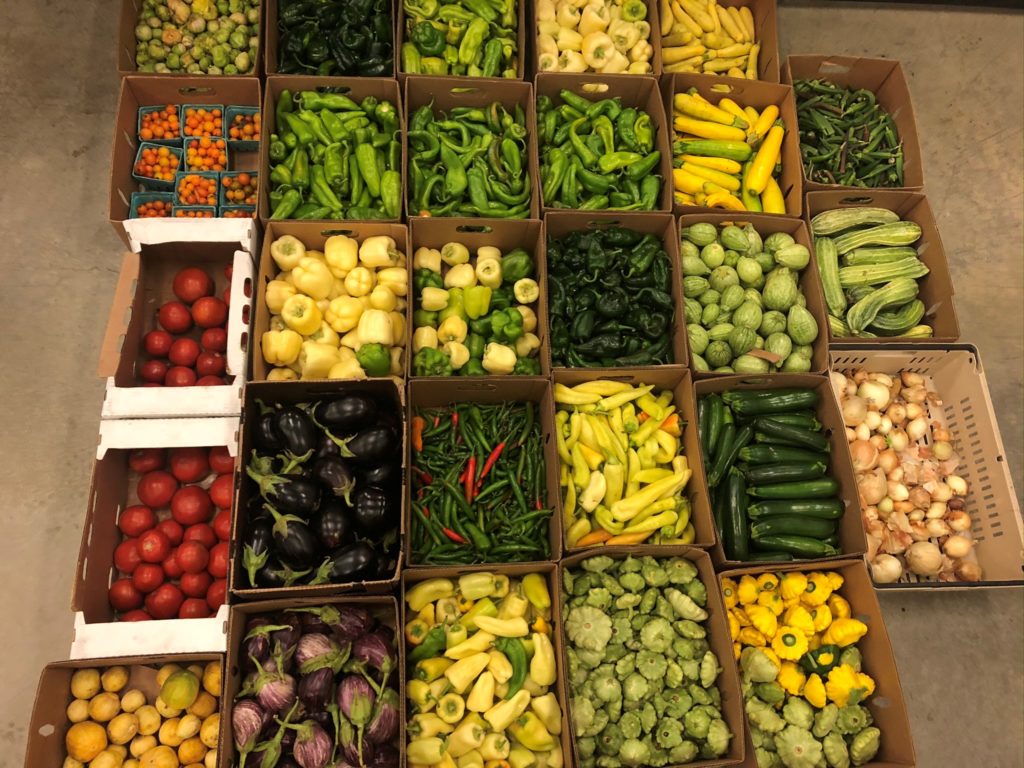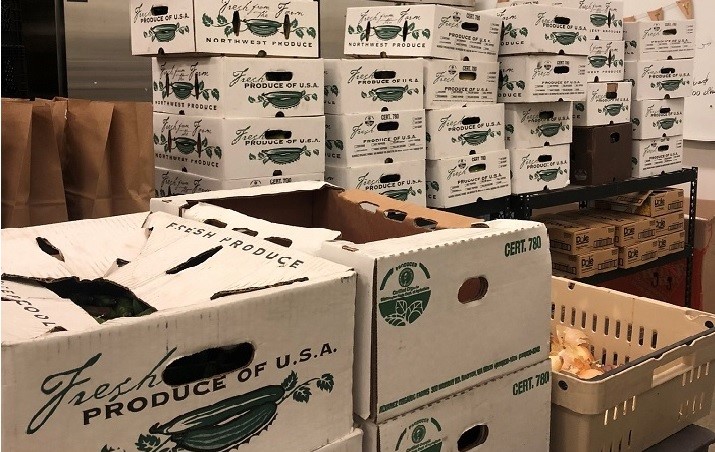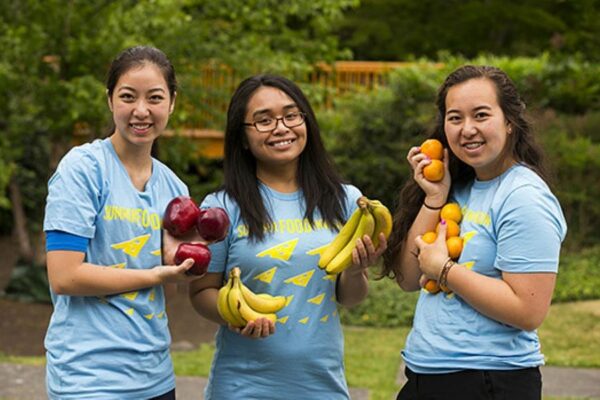Generosity Goes a Long Way to Alleviate Food Insecurity
For Eddie Alvarez, helping people is second nature, especially when it comes to food. That attitude has helped him maintain a positive outlook during the pandemic, even as his farm contends with deep business losses.
The bright side? For Alvarez, it’s being able to donate much of his produce to people who are going hungry.
Alvarez and his father own and operate Alvarez Organic Farms in the Lower Yakima Valley. The 100-acre property produces 250 varieties of organic vegetables, from peppers to eggplant to potatoes to zucchini and much more.
The farm depends on the restaurant industry for 35% of its business. When the coronavirus pandemic led to business shutdowns, the thriving restaurant industry in King County was one of the first to feel the deep economic pain. The downturn reverberated across the food industry, including the Alvarez Farm.
“It’s been very bad, this drop-off,” Alvarez said. “I never had to deal with this. When a lot of restaurants went out of business, that’s where it hurt me.”
That’s when a friend of his, Mariela Barriga, director of student success at Highline College, asked him if he could donate some of his produce for the campus’ food pantry. The pantry is staffed by AmeriCorps members and supported by United Way of King County as part of its efforts to help community college students graduate.
Alvarez was more than happy to do so, especially since it would provide an outlet for all the food he produces.
“My dad and I like to help people, to help anyone who needs a helping hand, especially when they have nothing to eat. So, I feed them what I grow.”
Eddie Alvarez
“It feels good to help people,” Alvarez said. “My dad and I like to help people, to help anyone who needs a helping hand, especially when they have nothing to eat. So, I feed them what I grow.”
Barriga said one of the strategies for student success is providing financial support, and getting food to students is part of that effort. The majority of students at Highline are from different races and cultures, so the pantry was launched with intentionality “to have a human-centered, racial equity lens,” Barriga said. This ensures there is culturally appropriate food available.

“Food insecurity is a big challenge,” Barriga said. She added that at least 600 people used the pantry every week before COVID. The school also provided food at the library and at a testing center, so the number of students who depended on food was likely higher.
Highline also partners with other food banks, the Des Moines Area Food Bank and the Emergency Feeding Program in Renton, for food supplies.
The pandemic forced Highline to shut down its physical pantry, so the college had to adapt. Now, instead of having students congregate at one location, the school delivers food to them through a partnership with Door Dash that was initiated by United Way Worldwide and managed locally by United Way of King County.
Barriga said “Dashers,” as the Door Dash drivers are sometimes called, make 90 deliveries of full grocery bags per week to student households.
“A lot of staff and faculty deal with the same food insecurity as students because they represent the community in King County, where it is expensive to live.”
Mariela Barriga
“We also make extra bags for the Door Dash drivers and for our own essential workers on campus: facilities, custodial, maintenance, security personnel, mailroom,” Barriga said. “Just like before the pandemic, when the pantry was open to everyone, including staff. We were part of the food rescue system. We always had enough. Having open access made the culture accepting and open. A lot of staff and faculty deal with the same food insecurity as students because they represent the community in King County, where it is expensive to live.”
Barriga added that the school has held several pop-up food events, which have attracted 150 to 200 people.
The fresh, organic produce from the Alvarez Farm has been key in keeping many people in the Highline community from going hungry. Alvarez said he sends at least 1,000 pounds of food to the school per week, which suits Alvarez just fine.
“Sometimes I have a lot of food, and I don’t want to see it go to waste, even if I have to pay money to deliver it,” Alvarez said. “When I see a pantry using this produce for a good cause, it doesn’t hurt me to give a whole truckload—at least there’s somebody who can enjoy it and put it to good use.”





Comments